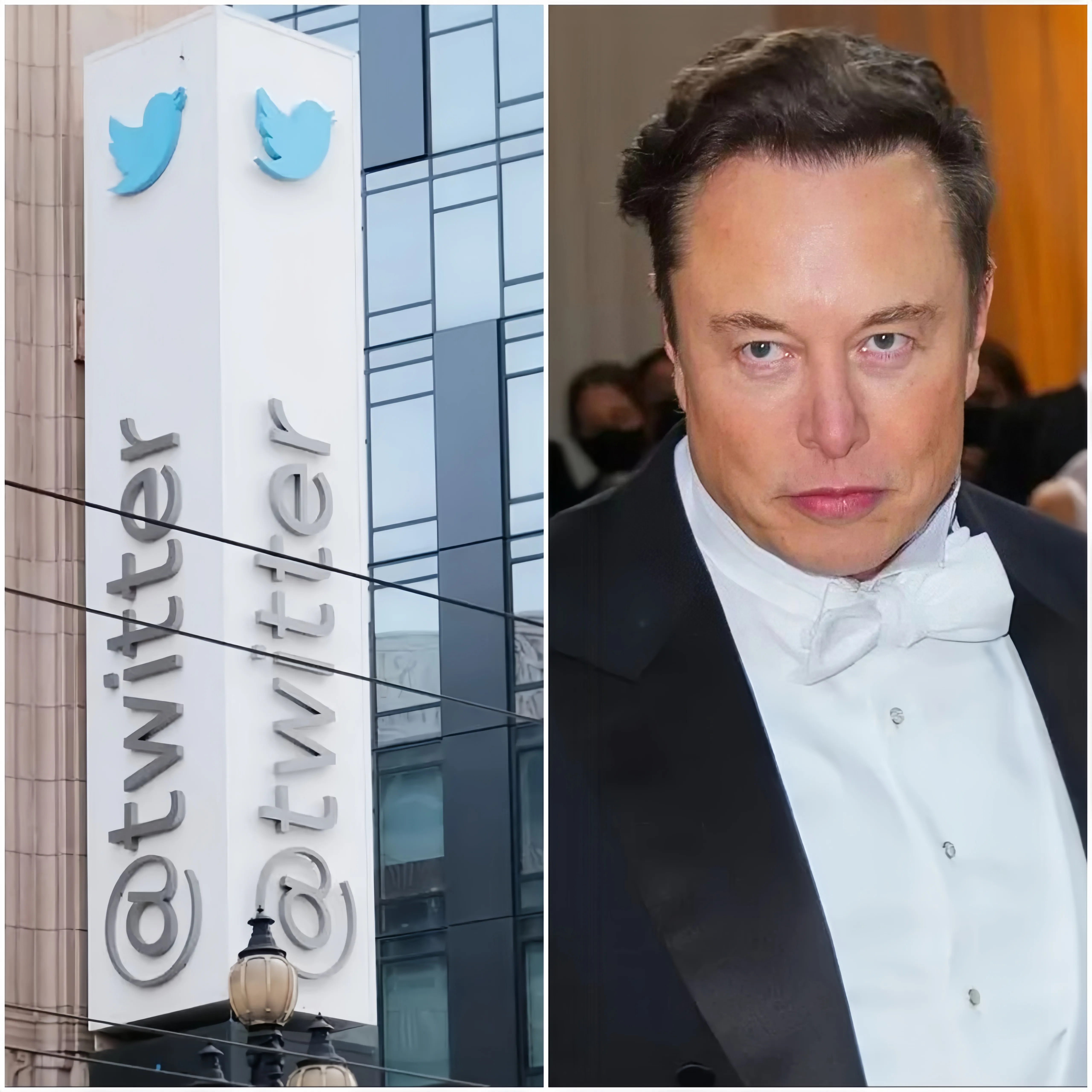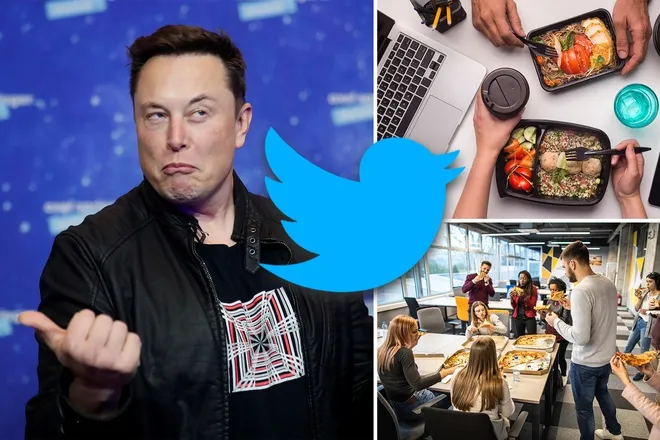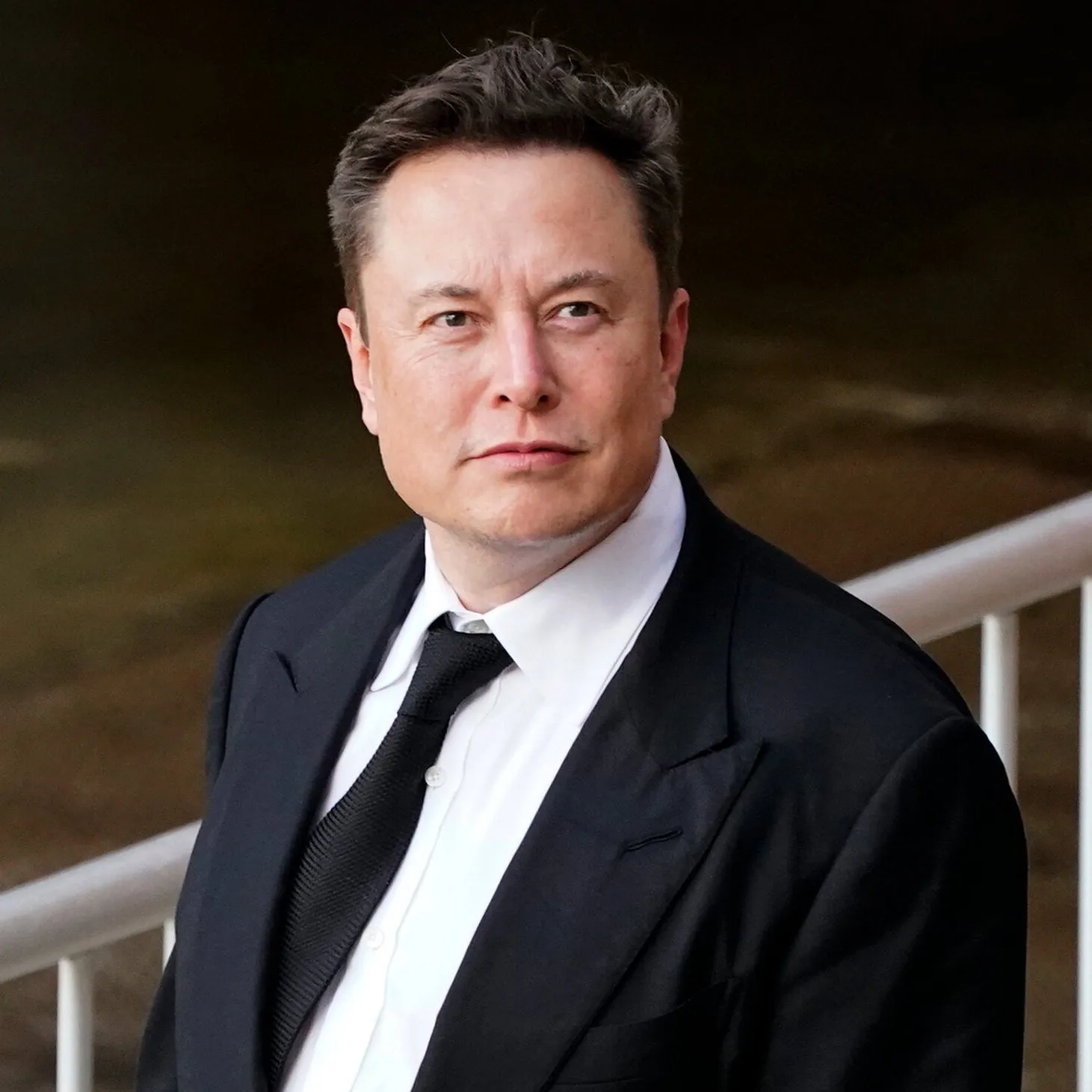In a recent turn of events, billionaire Elon Musk has sparked controversy yet again by complaining about the massive $13 million spent annually on free meals for Twitter employees at the company’s San Francisco headquarters. At the same time, Musk has enforced strict policies requiring employees to return to the office and work up to 80 hours per week. This move has raised eyebrows across the tech industry and beyond, as many question the fairness of the decision.

According to Business Insider (BI), Musk revealed that Twitter spends $400 per free meal provided to employees, an amount he deemed outrageous, especially considering that only a fraction of employees have returned to the office. Despite the meals being available for all staff, the company’s average occupancy over the past 12 months has hovered below 10%, with a peak of just 25%.
The financial burden of these meal services led Musk to announce that Twitter employees would no longer be provided with free meals. In response to the low office attendance, Musk declared that anyone returning to the office would need to pay for their meals out-of-pocket moving forward.
In a particularly frustrated statement, Musk explained, “There are more people preparing breakfast in the cafeteria than employees actually eating it. The chef even stopped serving dinner because nobody was coming to the office.”
While Musk’s claims about the cost of the free meals stirred reactions, former Twitter VP Tracy Hawkins responded with a sharp rebuttal. Hawkins, who was in charge of the company’s meal program until her recent departure, argued that Musk’s $400-per-meal figure was inaccurate.

“Elon Musk is lying,” Hawkins stated. “I was responsible for the employee meal program until just a week ago when I resigned because I didn’t want to work under Musk. The actual cost of breakfast and lunch was around $20-25 per person per day.”
Hawkins further claimed that the office attendance was higher than Musk suggested, estimating that 20-50% of employees were coming to the office, not the 10% or less Musk implied.
In response, Elon Musk doubled down, insisting that Hawkins was providing numbers for Twitter’s global offices, while his remarks were focused solely on the low attendance at the San Francisco headquarters.
Since Musk’s acquisition of Twitter, he has made significant changes to the company’s work culture, with one of the most notable being the immediate end to remote work. Just a week ago, Musk sent out an early-morning email at 2:39 AM requiring all employees to return to the office. He further stated that if employees were unwilling to comply, he would accept their resignation.
The billionaire’s new approach has also come with drastic cuts to benefits. Twitter employees, once accustomed to perks like free meals and flexible working conditions, have seen these advantages vanish. Furthermore, Musk’s directive for employees to work 80-hour weeks has caused widespread dissatisfaction within the company.
While Musk’s demands on Twitter’s workforce have been met with criticism, the Tesla and SpaceX founder is known for his own relentless work ethic. During the G20 Summit in Indonesia, Musk admitted that he works every day of the week, from morning until night, with no breaks. “The level of self-imposed workload I subject myself to is on a completely different level,” Musk confessed.

Musk’s intense dedication to his companies is well-known in the media, with numerous reports of him working long hours, often at the expense of his personal life. However, many have questioned whether such a grueling schedule should be expected of employees at Twitter, especially given the recent upheaval following the mass layoffs.
Following Musk’s takeover of Twitter, the company underwent significant downsizing, with around 50% of its workforce—more than 3,700 employees—being laid off. The decision to let go of such a large portion of staff has caused widespread unrest both inside and outside the company, with critics accusing Musk of mismanaging the transition.
Elon Musk’s decision to eliminate free meals at Twitter’s San Francisco headquarters while forcing employees back to the office under an 80-hour workweek regime has added fuel to the ongoing debate surrounding his leadership style. His justification for cutting the meal program—an annual expenditure of $13 million—has raised questions about the sustainability of Twitter’s operations under his control.
As Musk continues to reshape Twitter’s work culture, employees are faced with the reality of longer work hours, fewer perks, and stricter attendance policies. The billionaire’s drastic changes have not only impacted the internal atmosphere at Twitter but have also garnered significant attention from the media and public alike. Whether these changes will ultimately benefit or hinder Twitter’s future remains to be seen, but one thing is certain: Elon Musk’s tenure as Twitter’s CEO will be anything but conventional.
Leave a Reply